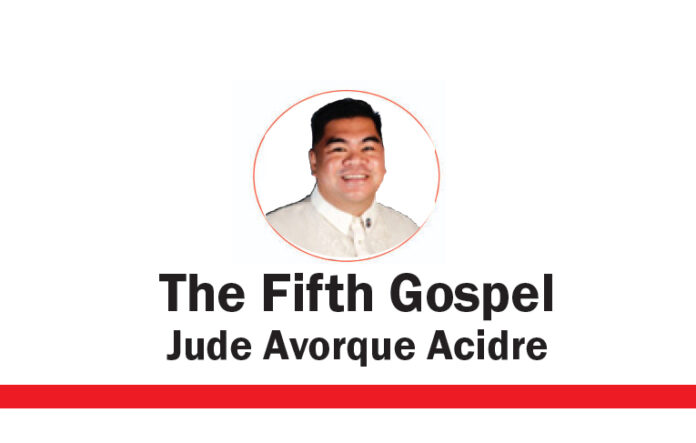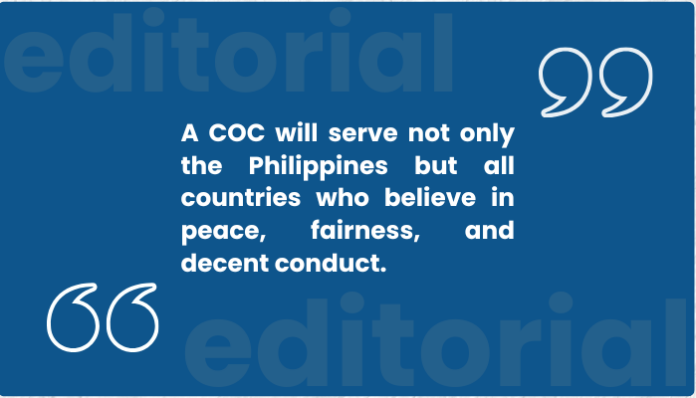“These black-market products are reshaping the Philippine tobacco landscape”
IF YOU visit a public market or browse a few online listings, you will find illicit cigarettes and vapes everywhere. These black-market products are reshaping the Philippine tobacco landscape.
The growing underground economy is a direct result of an unbalanced tax structure that is failing on three fronts: it’s costing the government much-needed revenues, it’s encouraging illicit trade, and it isn’t reducing smoking rates.
What started in 2012 as a promising strategy through the Sin Tax Law is now under pressure from market realities and policy missteps.
The rise in illicit trade is also threatening the livelihoods of more than 40,000 tobacco farmers across the country. As smuggled cigarettes continue to flood the market, local growers say they can no longer compete—especially under the weight of steep excise taxes.
“Despite our commitment to producing quality crops and goods, we find ourselves struggling under the burden of escalating taxes imposed by the government,” the Philippine Tobacco Growers Association said.
“These taxes disproportionately affect us because we cannot compete with cheaper illicit products that flood our markets.”
According to PTGA, even the export market—where 80 percent of their sales go—has begun to feel the ripple effects of local smuggling, as legal production slows and investor confidence fades.
What was once a secure livelihood for thousands of rural families is now under severe strain.
Meanwhile, the government is collecting less, not more.
Tobacco excise revenues have declined for three consecutive years—dropping from P176.5 billion in 2021 to just P134.9 billion in 2023. This, despite consistent tax increases. Smoking, too, is on the rise.
According to the Food and Nutrition Research Institute, adult smoking rates climbed from 19 percent in 2021 to 24.4 percent in 2023. That’s over 16 million adult smokers today—proof that current policies are failing on both the health and fiscal fronts.
The illusion that higher taxes automatically reduce consumption and increase revenue has been shattered.
We’ve crossed the tipping point where further tax hikes no longer yield better results—in fact, they are actively driving consumers toward untaxed, unregulated alternatives.
This is particularly evident in the vaping sector. Vape users have jumped from 200,000 in 2021 to 1.9 million in 2025, yet tax-paid sales haven’t kept pace.
A major reason: the drastic disparity between tax rates. Freebase nicotine is taxed at just P6.62 per milliliter, while nicotine salt is taxed at P57.30.
The nearly tenfold difference has opened the door to widespread misdeclaration, with sellers falsely labeling their products to reduce their tax liability.
Illicit trade thrives in this environment. Over P5 billion worth of illicit vapes were seized earlier this year, but this represents only a fraction of the black market, according to authorities. Legal manufacturers, saddled with taxes and regulations, are being squeezed out by smuggled products that play by no rules.
Relief may be on the way with House Bill No. 11360, which proposes a unified excise tax rate of P66.15 per milliliter for all vape liquids—regardless of nicotine type.
Consumer groups welcome the move, but caution against the seemingly excessive and disproportionate burden this proposed rate might have on those who have switched to vaping as a less risky alternative.
Lawmakers must carefully assess what rate is truly appropriate, or risk aggravating the very problem they aimed to solve.
To arrest the further decline in government revenues and allow recovery, House Bill 11360 also recommends adjusting the annual excise tax hikes to 2 percent in even years and 4 percent in odd years, instead of the automatic 5 percent increase.
House Bill 11360 is a step toward closing loopholes and reducing illicit trade, and acts as a lifeline for stakeholders who rely on the tobacco industry.
Taxation is a powerful policy tool, but only when paired with realism. The imbalance in the current excise tax system punishes those who follow the law.
It rewards non-compliance, feeds corruption, and erodes trust.
What’s needed is a recalibrated approach: simplify the tax code, align rates with market behavior, strengthen enforcement mechanisms, and protect sectors like agriculture that are caught in the crossfire.
The Sin Tax Law should be an instrument for health and development, not a source of unintended harm. (Email: ernhil@yahoo.com)








